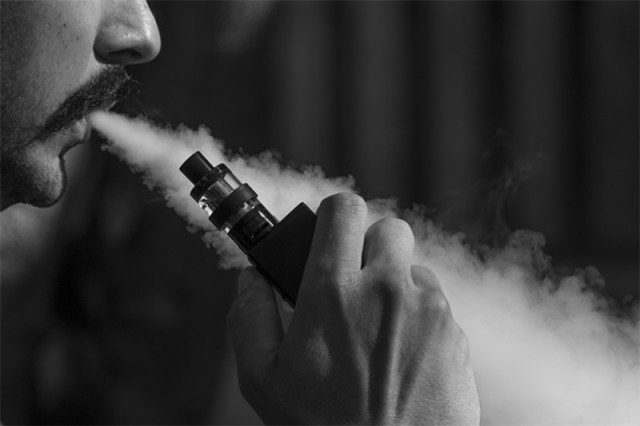The World Health Organization (WHO) has urged governments to treat e-cigarettes, also known as vapes, similarly to tobacco and ban all flavors. That could spell trouble for some big tobacco companies, which have staked their futures on a shift to cigarette alternatives. British American Tobacco BATS.L, for example, wants 50% of its revenues to come from “non-combustible” products by 2035.
Vapes were banned in 34 countries as of July of this year, according to the WHO, including Brazil, India, Iran and Thailand. But many countries struggle to enforce e-cigarette rules, meaning they are often available on the black market. 74 countries, mostly in Africa but including Pakistan, Colombia and Mongolia, did not regulate e-cigarettes at all as of July, according to the WHO. In other nations, including key markets like the U.S. and China, governments allow vapes but regulate their use. Here’s how they measure up:
AUSTRALIA
Australians need a prescription to use nicotine-containing e-cigarettes, but the country has struggled with a flood of illegal disposable vapes.
From Jan. 1, 2024, it will be illegal to import disposables into Australia. From March, it will also be illegal to import any type of “non-therapeutic” vape, the government says.
It also wants to introduce a bill next year to outlaw domestic manufacturing or supply of non-therapeutic e-cigarettes.
CHINA
The world’s largest producer of e-cigarettes introduced a raft of laws controlling their use domestically in 2021, including banning the flavored products many Chinese manufacturers continue to send overseas. The government cited health concerns related to youth vaping.
E-cigarette companies require a license to sell to consumers and taxes on production, import and wholesale distribution were introduced in 2022.
EU AND MEMBERS
The European Commission has set regulatory standards for e-cigarettes, including limits on nicotine content and labels explaining they should not be used by non-smokers.
National governments also introduce laws governing their use. In France, for example, people under the age of 18 cannot buy vapes and their use is banned in certain public places, including universities and on public transport. Italy lifted a ban on using electronic cigarettes in public in 2013. Use in or near schools is still forbidden.
Disposable vapes have also attracted particular attention from lawmakers in some EU countries amid environmental and health concerns. France has moved to ban them entirely.
The German Federal Council, the upper house of parliament, has called on the government to push for a similar ban on disposable vapes across the EU.
JAPAN
E-cigarettes containing nicotine count as medicinal products under Japanese law. None have yet been approved for use.
RUSSIA
Minors cannot buy e-cigarettes. There are no restrictions on flavors or disposable vapes.
Local media reported in November on the government quashing a proposed ban on e-cigarettes. The Russian Ministry of Health said this would lead to loss of tax revenue and fuel a black market, Izvestia reported.
TURKEY
The sale of e-cigarettes is effectively banned since imports are allowed only in small quantities and production is forbidden. E-cigarettes are nevertheless widely available.
UK
The United Kingdom has put vapes at the center of its public health policy, even offering starter kits to smokers to help them quit.
However, an influx of flavored, disposable vapes has also driven concerns around the environment, health and youth vaping. The government launched a consultation in October on proposals aimed at tackling a rise in youth vaping, including restrictions on flavours and the sale of disposable vapes, following a threefold rise in the number of children vaping in the past three years.
U.S.
E-cigarette manufacturers in the world’s largest market for nicotine alternatives must apply to the U.S. Food and Drug Administration to sell their products legally. Some have been allowed on the market while they wait for the agency to review their applications.
The FDA weighs several factors when considering an application, including the potential benefits for helping smokers quit. It has yet to approve a vape flavor other than tobacco.
However, poor enforcement means that flavored, often disposable products remain widely available.
— Compiled by Louis van Boxel-Woolf, Gaëlle Sheehan, Anastasiia Kozlova, Milla Nissi and Canan Sevgili in Gdansk; Editing by Emma M. Rumney and Josie Kao










